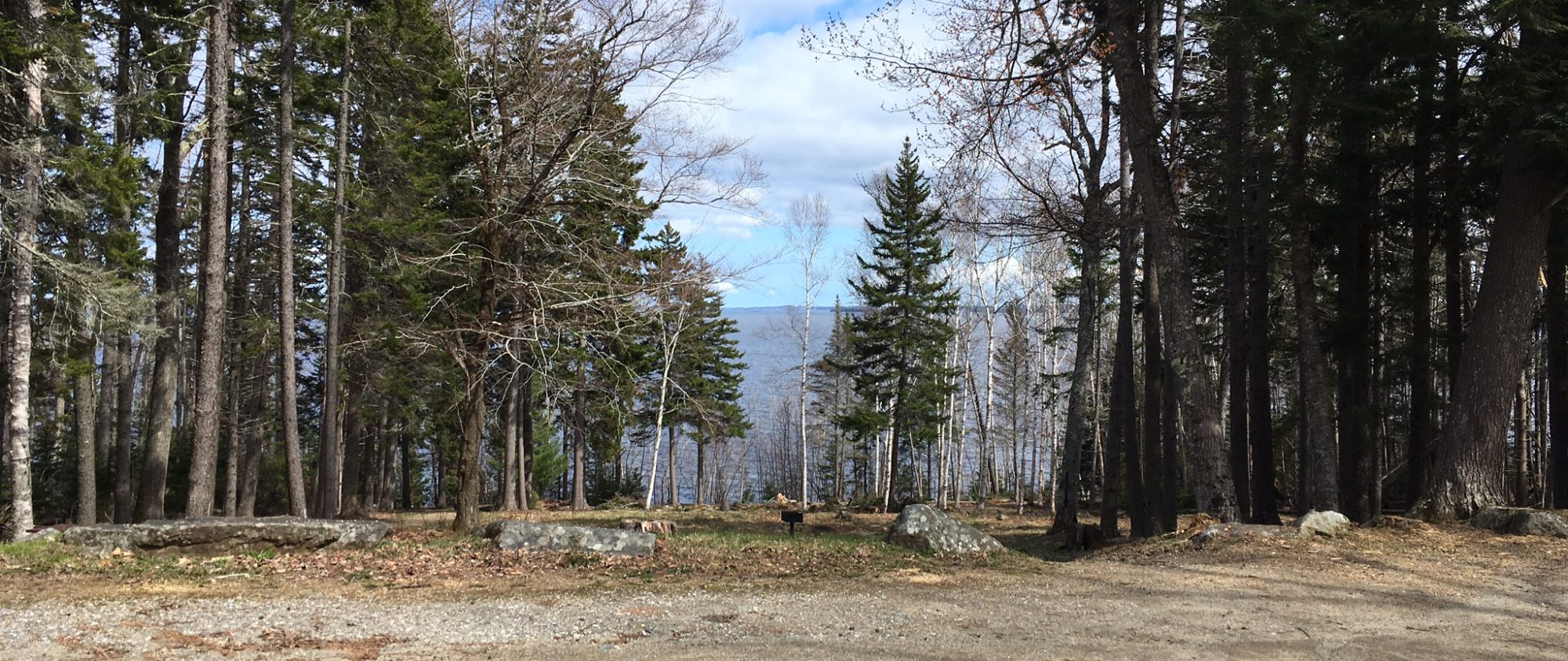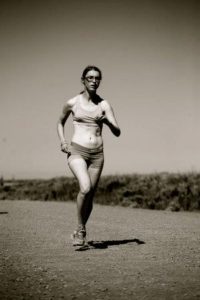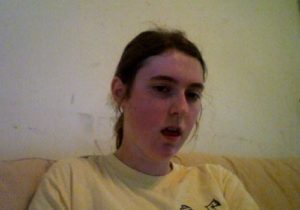My goodness. I feel as if I have spent a summer being tossed around in a maelstrom – losing all bearings or footing, unable to respond in ways other than reflexive fear or panic, and thus threatening to drag others into the suffering with me. As it stands now I have mercifully been deposited into calmer waters, but I remain vigilant as waves of memory pass through me, bob me up and down. I bask in the recollection of what it means to be safe but with wary respect for the power of the water.
The events I’m referring to are in a way so much more mundane and understated than you might expect. No deaths in the family, no conflict or abuse, no violence or accidents, no firings from jobs, no financial distress. No, just six weeks of tapering off a stupid little steroid drug called Uceris that has caused so much more complication in my life than I ever thought possible. Now that I am off the medication, my weak adrenal glands have a better chance of recovering full function over the long term.
I’m really, really proud of myself for getting through it. But I have learned a hard lesson: I could have wasted a lot less energy and time throughout this by having some basic compassion for myself, and the ability to assert my needs to the doctor.
Over this summer, despite feeling a greater burden of anxiety, depression, mental limitation, and moments of abject terror than I have ever felt in my life, I somehow didn’t manage to contact my doctors. Or when I did, I would sometime downplay the impact on me.
Part of this was because I had expected the taper to be hard. My endocrinologist told me in May, bluntly, that this would be the hardest year of my life. Weirdly enough, I found her honestly liberating. Here I had trucked along for nearly seven years insisting that Doing Stuff – school classes, community organizing, maintaining friendships, occasional creative or silly pursuits, attempting to take care of myself – would be the path to feeling well overall. And I do think it was really beneficial in some ways, to not simply suspend everything in order to get well (and I knew full well I wasn’t well).
But something I had noticed throughout college was that important steps would get put off in order to maintain some kind of obligation or event. I was constantly being put on academic warning or probation and didn’t want to push things over the edge. Trying a new medication with possible side effects was too risky with the studying I had to do for this test or the speaking I had to do at this rally, and forget about trying to taper off medications that were doing some kind of harm (yet also helping).
Hearing from my doctor that things would be so much harder helped me give myself permission to take a big old break (which has been possible thanks to a very supportive family). But I sort of envisioned that break as something that could be rejuvenating even as my body struggled with detoxing from some strong medications. I thought it would be an opportunity to take trips to the beach, read for pleasure, catch up with old friends, see movies, and generally let myself off the hook.
I did not realize most of my summer would be so crippling that I could not even do these things and enjoy them.
I became so allergic to my cat that I couldn’t cuddle with her anymore. I got so sensitive to noise and emotions that music, normally a big escape for me, could put me into a panic or rage. I had been enjoying journaling in June and early July to cope with some things – after the taper started, the sight of my journal provoked terror. Same with a book I had been reading and enjoying greatly to learn about my condition (Never Bet Against Occam by Dr. Lawrence Afrin) – a mysterious reaction to a bit of text in it left me wracked with panic any time I tried to read it. My Emotional Freedom Technique sessions with a therapist stopped making me feel better and sometimes left me feeling worse, or stuck. Often I was just too foggy to follow what the therapist was saying. I didn’t contact friends or family much because I usually felt way too altered, agitated, or tired to hang out with them.
I can deal with some level of anxiety or stress; I always have. What I’ve never truly experienced is having nearly all my coping strategies or escapes turn to mush, as they either offered no relief from the dread or made things worse. The anxiety toward “losing” these activities also made it hard to start any alternatives, wondering if I would somehow become intolerant of those too. Sometimes I simply felt so awful there was nothing I could do but close my eyes and breathe deep into my diaphragm, which didn’t make me feel better but just kept me from getting “burned” while attempting to channel my boredom.
Instead of coming to my own aid, I sort of shrank back. I really wanted to believe I could think my way out of this, even as my rational mind (what was left of it!) knew full well this psychiatric mayhem was largely caused by physiological issues. And that it was just way too much to expect myself to handle. The improvement when I finally got the go-ahead to increase my hydrocortisone dose made this manifest. I am still working out what the best course of action is with medications and therapy, as I’m still doing worse mentally than before summer.
The superego harps on us to personally cultivate a calmness and adaptability that has already been stamped out of us by a polluted, sick society. Don’t take a medication, just take on a Sisyphean regime of meditation, gratitude, yoga, unlearning negative thoughts, elimination diets, essential oils, and all manner of things that counterbalance the level of neuroticism and self-curating bullshit you will need in order to actually survive. And that you probably need in order to feel better, as anyone who has tried to get anything done within the medical system can attest.
I’m afraid that this summer I just asked too much of myself and paid a price. It’s still hard to keep going. But I want to. I want to see what life has to offer me. I just need to demand that I get the care and support I need.



